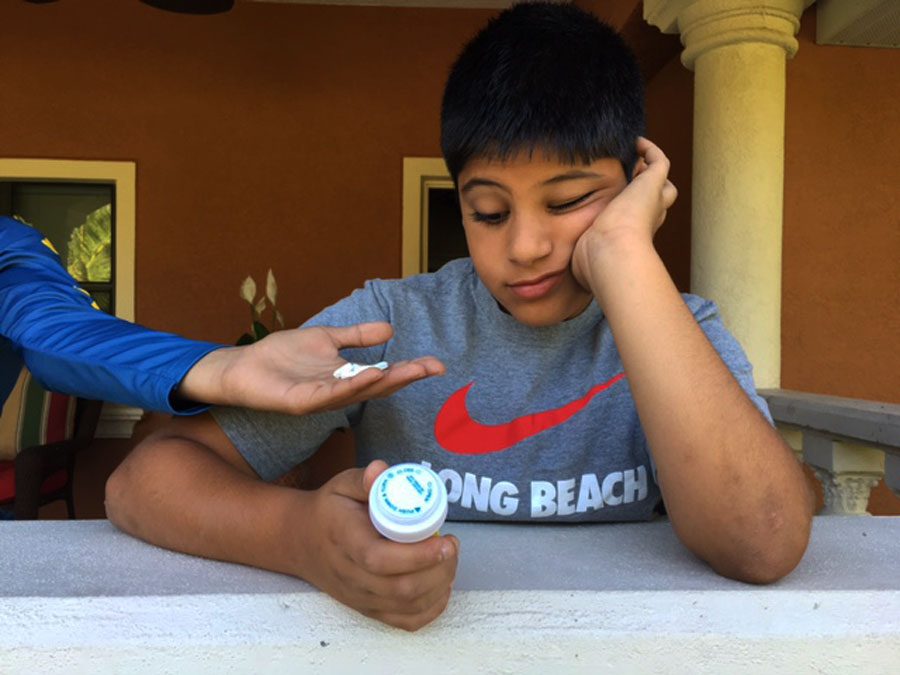MISDIAGNOSIS OF ADHD NEGATIVELY AFFECTS CHILDREN
From a young age kids are misdiagnosed for ADHD.
May 26, 2016
Attention Deficit Hyperactivity Disorder (ADHD) is the most commonly diagnosed childhood behavioral disorder and is easily misdiagnosed. Parents and teachers use ADHD as a label to categorize children who are hyperactive.
Society has created a belief that if a child is hyper, or has trouble paying attention, they automatically have ADHD. Doctors everywhere have been coerced to accept this false belief because there is no flawless method to diagnose, resulting in misdiagnosed children with ADHD.
There are many symptoms of this disorder, but very few measurable signs. ADHD is a subjective diagnosis with no set test for everyone. The misjudgments of parents and teachers also play a vital role in the misdiagnosis of the child. Parents often misinterpret symptoms of ADHD with normal behaviors of children. Moreover, there can be more than one cause for symptoms of ADHD and it is wrong to assume that if a child has trouble paying attention or focusing on one topic then the child unquestionably has ADHD.
Dr. Peter Satto, a Health Science teacher, says, “Many parents, teachers and people in the medical community look to place labels on kids in order to fit them into a certain box and it’s easier to deal with behavioral issues children have.”
In addition, the treatment and medications used for these patients have multiple side effects, which can damage patients’ future physical and mental development. Some long-term effects include sleeping problems, eating issues, delayed growth, mood changes, and cardiac risks. These mental changes can alter the student’s school life, resulting in poor grades. Physical changes, such as the risk of heart disease and delayed growth, may harm the child in the future.
Treatment for ADHD consists mainly of pills and capsules that can be highly addictive and have a high chance of abuse by patients. Because of misdiagnosis in many cases, drugs are easily accessible to anyone claiming to have ADHD. Continuous abuse of ADHD medication can lead to severe health consequences such as feelings of hostility and paranoia, as well as stroke. The National Institute on Drug Abuse reports that prescription stimulants, the primary medication of ADHD, don’t improve the student’s performance in school or thinking activity when taken by children. They conclude that the abuse of ADHD medication actually lowers students’ GPA in high school and college.
Health Academy junior Ruth Nguyen says, “It’s really important to consider the side effects of ADHD medication because once you start, there’s no going back.”
As diagnosis numbers increase, the need for drugs becomes greater. The whole process of prescribing medication has become a corrupt system. Pharmaceutical companies have taken advantage of misdiagnosis of ADHD to sell more and more medicines while earning extra money in the process. They use advertisements with misleading information that downplay the severity of harmful side effects, while portraying the pills as a quick solution for a struggling child in school.
Misinformed diagnosis of ADHD has many serious consequences, including many mental and physical changes. Pharmaceutical companies and doctors are benefiting from misdiagnosis while the children consuming the medications are at a disadvantage. It is also crucial to know that most of the side effects of ADHD are permanent and these changes can ultimately ruin a student’s future.























